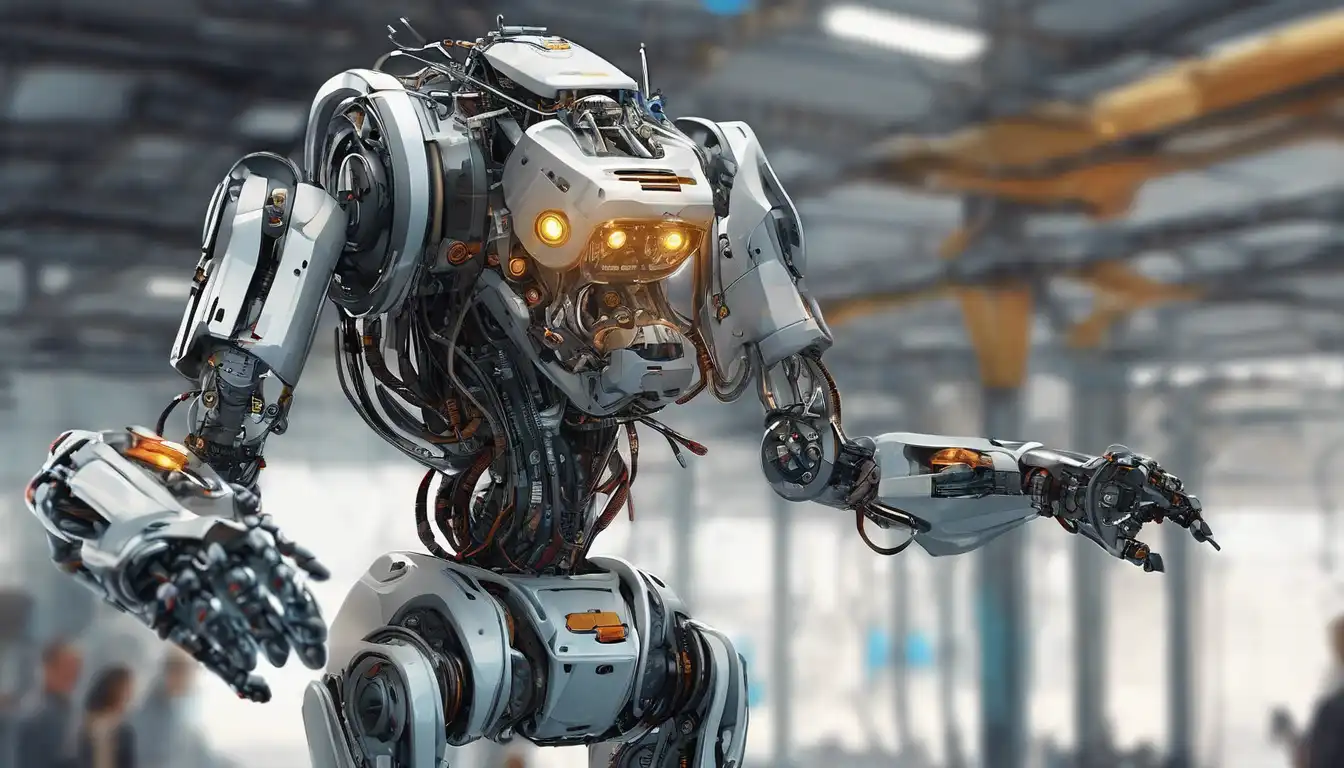The Dawn of Robotics: A Technological Revolution
In the realm of modern technology, robotics stands as a towering testament to human ingenuity and the relentless pursuit of innovation. This field, which seamlessly blends engineering, computer science, and artificial intelligence, is reshaping industries, enhancing lifestyles, and redefining the boundaries of what machines can achieve. From automated manufacturing lines to sophisticated AI companions, robotics is at the heart of the fourth industrial revolution.
The Building Blocks of Robotics
At its core, robotics is built upon several key components: sensors, actuators, control systems, and power supplies. Sensors act as the eyes and ears of robots, enabling them to perceive their environment. Actuators serve as the muscles, allowing movement and interaction with the physical world. Control systems, often powered by advanced algorithms and artificial intelligence, dictate the robot's actions, making decisions based on sensor input. Together, these elements create machines capable of performing tasks with precision and efficiency.
Innovations Driving the Robotics Industry Forward
The robotics industry is witnessing unprecedented growth, fueled by breakthroughs in AI, machine learning, and materials science. Collaborative robots, or cobots, are working alongside humans in factories, enhancing productivity while ensuring safety. In the medical field, robotic surgeons are performing complex procedures with unmatched precision. Meanwhile, autonomous vehicles are set to revolutionize transportation, reducing accidents and improving traffic flow.
The Impact of Robotics on Society and the Economy
The integration of robotics into various sectors is not just transforming workflows; it's also creating new job opportunities and industries. While there are concerns about automation replacing human jobs, the reality is more nuanced. Robotics is generating demand for skilled professionals in robot maintenance, programming, and system design. Moreover, by taking over repetitive and dangerous tasks, robots are allowing humans to focus on creative and strategic roles.
Challenges and Ethical Considerations
Despite its potential, the advancement of robotics raises important ethical and societal questions. Issues such as data privacy, security, and the digital divide must be addressed to ensure that the benefits of robotics are accessible to all. Additionally, as robots become more autonomous, establishing clear guidelines for their use and accountability is paramount.
Looking Ahead: The Future of Robotics
The future of robotics is boundless, with researchers exploring areas like soft robotics, swarm robotics, and biohybrid systems. These innovations promise to deliver robots that are more adaptable, resilient, and integrated into our daily lives. As we stand on the brink of this exciting frontier, one thing is clear: robotics will continue to be a key driver of technological progress and innovation.
For those interested in diving deeper into the world of robotics, exploring artificial intelligence and automation can provide valuable insights into the technologies shaping this field.
